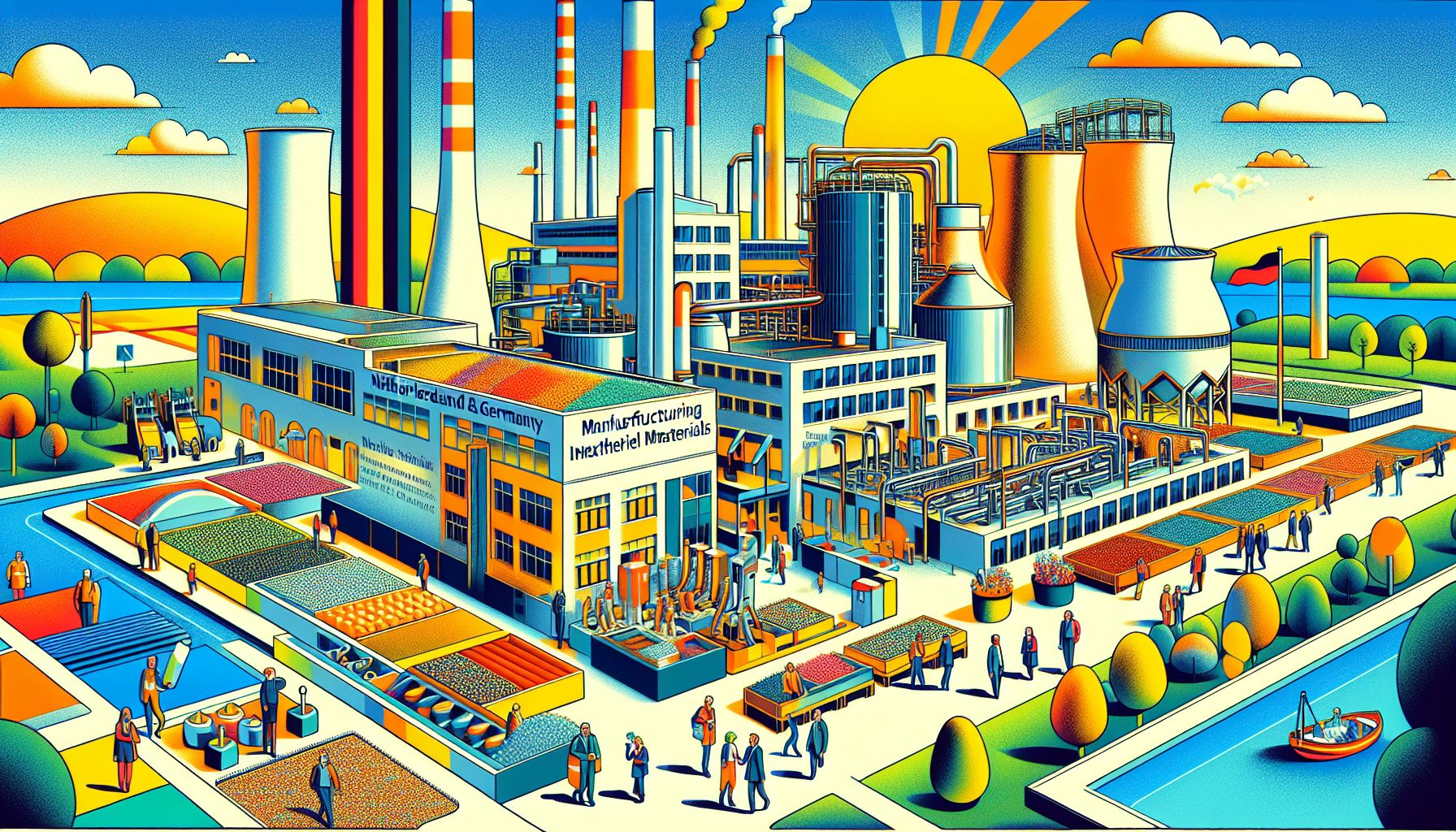Netherlands and Germany Collaborate on Manufacturing Scale-Up Projects

The ‘Manufacturing NextMaterials’ project aids SMEs in the German-Dutch border region with scaling up and sustainable development by enhancing production techniques, quality assurance, and compliance.
Aiming for Sustainable Development
The ‘Manufacturing NextMaterials’ (MNM) project is an Interreg program aimed at supporting small and medium-sized enterprises (SMEs) in the manufacturing sector within the German-Dutch border region. This initiative addresses the often challenging transition from prototype to production, which many SMEs struggle with. By focusing on production techniques, quality assurance, and regulatory compliance, MNM provides a robust framework for these enterprises to scale up sustainably.
Innovative Projects and Funding
The first Open Call of MNM has already concluded, yielding several innovative project proposals. Projects approved from this round are slated to commence by October 2024. Following this, a second Open Call will open on 2 September 2024, with submissions due by 18 October 2024. Approved projects in this second round will begin operations in January 2025. With a subsidy budget currently standing at €1.1 million, MNM has ample resources to support SMEs in their scaling efforts[1].
Building a Smarter Manufacturing Industry
MNM’s core objective is to transition prototypes to test production, facilitating the market launch of components made from innovative materials. This approach enables the manufacturing industry to respond swiftly and efficiently to the growing demand for smart and sustainable products. Examples include lightweight materials for vehicles and safe, recyclable batteries that are environmentally friendly[1].
Collaborative Efforts and Future Prospects
The project is executed under the Interreg VI program and co-financed by the European Union and several regional and national bodies, including the Ministry of Economic Affairs and Climate Policy (Netherlands), MWIKE NRW, MB Niedersachsen, and the provinces of Drenthe, Flevoland, Fryslân, Gelderland, Groningen, Noord-Brabant, and Overijssel. This collaborative effort underscores the commitment of both Germany and the Netherlands to fostering innovation and sustainability in the manufacturing sector[1].

